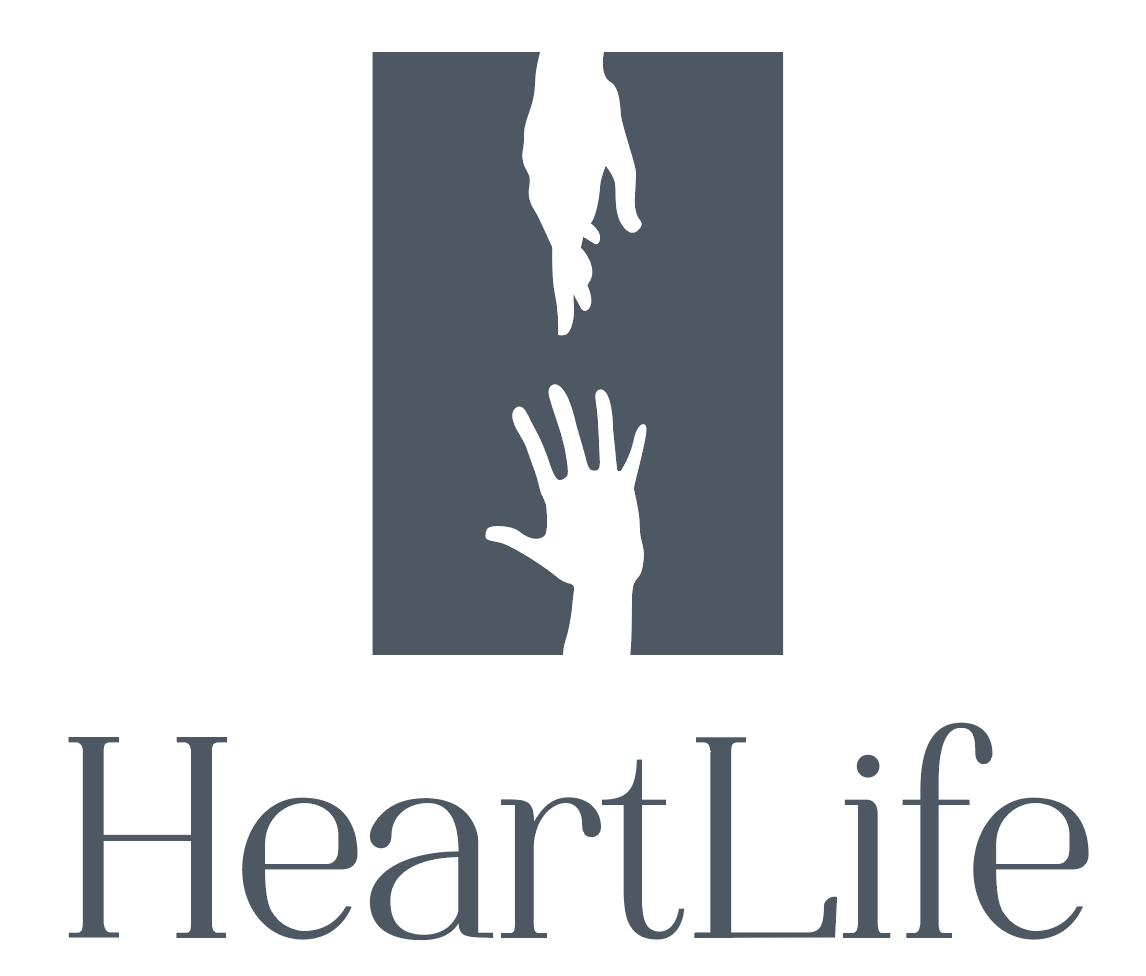What’s all the buzz about burnout?
by Shelby Oluwalana, MS, MEd | HeartLife Counselor | Group Therapy Counselor of Burnout Recovery
What is burnout?
Burnout is more than a buzzword. While “burnout” is a concept widely covered by mental health content creators on social media, it not a trend, but rather a growing problem in our Western world. Some folks may blame the pandemic, say it made their existing work-life balance issues worse, or some say their relationship with work actually improved! No matter your experience with or knowledge of burnout, it’s worth paying attention to (especially with how hard it can be to detect).
What have you heard about burnout? Is it a way to simply say your workday was exhausting? Or do you find yourself in a state of consistent dread, lack of motivation, irritability, and stress? If this sounds like you or even if you just want a better understanding of what burnout really is (and isn’t), you’re in the right spot.
Organizational psychologist and founder of the Institute for Life at Work, Dr. Connie Noonan Hadley, classifies burnout through these ongoing experiences summarized below (read more in her article with Boston University):
Energy Depletion and Exhaustion: Chronic feelings of tiredness that do not disappear after time-off or a passed deadline.
Depersonalization and Cynicism: Chronic feelings of apathy, negativity, or dissatisfaction toward work that perhaps once inspired you or gave you joy.
Reduced Efficacy: Changes in productivity, quality of work that either you or others can notice. This sometimes looks like things that ordinarily were done quickly, now take significant time and effort.
*Keep in mind that some of the above could also be symptoms of depression, anxiety, PTSD, or other life circumstances. Talking to a therapist can help you figure out what you’re experiencing (if one or the other—or both!).
*Burnout can cause or contribute physical symptoms including digestion problems and headaches!
What impacts your relationship with work?
Your relationship to work (I use the term ‘work’ broadly) is one that is informed by faith, family of origin, past experiences, self-image, personality, workplace environment, finances, and a variety of other factors. In therapy, we can never quite say A caused B and it’s the same with burnout. It’s tempting to point to a single cause and therefore find a single solution. Like most things, your relationship with work is complex. I speak about this from a professional lens, but one that’s also deeply impacted by my own personal experiences with burnout as a former teacher. As you keep reading, I’ll ask you to consider these parts of your life and how they impact your relationship with work.
Faith:
Think of the messages you’ve learned about what it means to be a faithful worker for the Kingdom of God or even the purpose of work. Work is good and reflects God’s nature in humanity (there are so many examples of this in the biblical narrative). But, we live in a broken world. We work in systems and workplaces run by broken people. On top of that, just about anything can become an idol, a distraction, or something that prevents us from living in the way God intended humans to live. Have you considered if your work, whether it be your job or another role, is getting in the way of the kind of flourishing life that God desires for you? What does a flourishing life in a broken world even look like? How much importance do you place on rest? What examples do you see of Jesus resting or getting away from work when he needed to?
Family of Origin:
Your relationship with work is also informed by your upbringing. “Family of origin” is just a fancy, therapy-speak way of saying the family you grew up in. You may have grown up in a family where you saw firsthand how parents/caregivers had healthy (or healthy enough) boundaries with work. Perhaps you experienced adults with deep joy, pride, and satisfaction in their work that inspired you. Maybe you instead saw parents tethered to phones, email accounts, or swamped in after-hours tasks. Did you feel like they weren’t present enough? However it looked, I encourage you to spend time thinking about what messages (explicit or implicit) you received about work as a child. Do those messages influence how much you work, your expectations of yourself/others/your time? Are you repeating similar patterns that your parents had when it came to work? Was burnout normalized, even if it wasn’t called that?
Workplace:
Where you work and workplace culture have a huge impact on burnout. Have you heard anyone say they work in a “toxic” workplace? There are so many ways you could interpret the term “toxic” when folks talk about their jobs. In my work with clients, I prefer the terms healthy and unhealthy; I also emphasize that there can be a bit of both, that the level of workplace health can ebb and flow, or that it can lean toward extremes. Look at the following list of signs of how you might feel at healthy workplace. If you rarely feel these things, you may be working somewhere that currently is an unhealthy environment.
I feel valued at my workplace for the work that I do, but also for the person I am.
I feel as though my thoughts and opinions matter to others, especially those in leadership positions.
I feel able to set realistic boundaries around work and have those boundaries respected/supported.
I feel safe and comfortable among most people at my workplace.
I feel my responsibilities match my capacity and skills, and that there is flexibility to grow.
Final Thoughts
I’ve given you a lot to think about. You probably cannot (nor do I suggest) march into your workplace and demand immediate change, overhaul your family of origin’s patterns with it comes to work overnight, or even experience the kind of flourishing you desire to by end-of-day tomorrow. However, awareness is often a tipping point for change. If you think you are experiencing burnout, therapy can help! Individual therapy can be a great first step to addressing burnout in your life. Another possibility to consider is group counseling! If you’re interested in getting help with symptoms of burnout alongside others on a similar path, check out HeartLife’s upcoming summer Burnout Recovery group here (begins July 8, 2024).
Good Reads on Burnout:
“From Burnout to Beloved” by Bethany Dearborn Hiser
“The Ruthless Elimination of Hurry” by John Mark Comer
“Zeal Without Burnout” by Christoper Ash
Meet Shelby Oluwalana, MS, MEd!
Shelby graduated from The University of Memphis with a Master of Science in Clinical Mental Health Counseling. She is excited about working with clients to address trauma and attachment wounds in their stories in order to better illuminate their current functioning. Shelby uses EFIT (Emotionally Focused Individual Therapy), CBT (Cognitive Behavioral Therapy), and DBT (Dialectical Behavioral Therapy) approaches to help clients work through experiences of depression, anxiety, body image/eating concerns, addiction, and relationship issues.
Shelby believes integrating a client’s whole self (racial/ethnic background, gender, faith) into treatment is crucial and reflective of people as complex beings. Shelby creates an environment of safety and trust to work with clients of any age/life stage to achieve deeper understanding of themselves.


